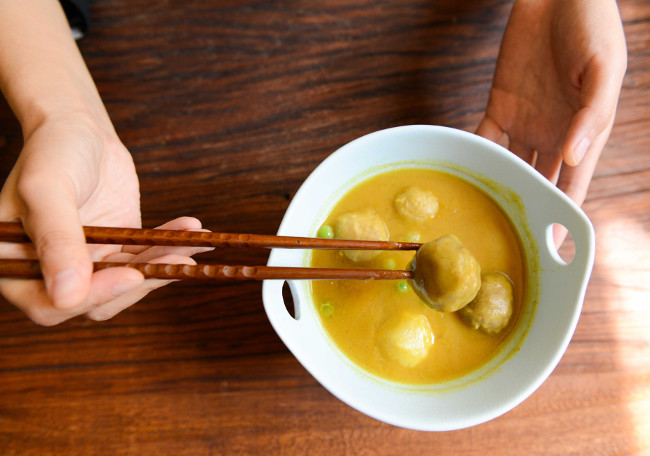China is one of the largest countries in the world; with close to 1.4 billion people spread around the country’s 23 provinces, there’s certainly no lack of culture, history or superstition amongst the population, and would-be travellers would do well to brush up on little local knowledge here or there before a visit.
Whether you’re set on destination Hong Kong or on a B-line for the Beijing big city, cultural faux pas are an embarrassment for us all, but they need not be a guarantee. Notebooks at the ready, intrepid travellers. Here’s your guide to Chinese customs through and through – for business, for tourism and for an ever-globalised world.
Luck, Numbers and a Little Splash of Colour

Ever cracked open a fortune cookie over lunch? While these humble biscuits are little more than a takeout special or Bakeoff feature here in the West, their crunchy taste and foreboding messages are in fact a symptom of a much wider culture: In China, tradition and superstition are incredibly important. Everything from certain gestures to colours to the sounds of certain words can be interpreted in unique ways – let’s go over a few of the key ones now.
In Chinese, the numbers 8, 9, 2 and 6 are considered particularly lucky – so lucky in fact that many Chinese people will pay a premium fee when booking or purchasing certain items – something which many businesses are often happy to take advantage of. The major player in terms of numeracy, however, is the number 4, or si in Mandarin. When spoken, si sounds incredibly like the Chinese word for death, with the two words differing only in terms of slight intonation. Conclusion: Avoid 4 at all costs, up to and including the extreme!
According to a Betway Casino infographic, many Chinese buildings are even built without a fourth floor for this very reason, for example, and in areas where Eastern and Western culture blend, both the fourth and thirteenth floor can simply cease to theoretically exist.
Next: colour. In China, white is the traditional mourning attire while black is associated with darkness and evil. If you’re flying over for a funeral, this point could be especially important! Another point worthy of note is the colour yellow, which, as per the China Sage website, is reserved for Imperial and governmental purposes. Ordinary people are restricted from the colour for the most part, and while there may be some sympathy for foreigners, it would be best to avoid the honey sundress if at all possible. Instead, go red. Red is an auspicious, lucky, powerful colour, and much better suited to general good fortune.
Gifts and Bows

Maybe you’re off on a visit to family, maybe you’re an exchange student, maybe you’re there negotiating the deal of a lifetime – in any case, there might be a gift exchange or two throughout the duration of your trip. First up, absolutely no clocks. Clocks carry the implication of finite time (and thus death, once again) in Chinese culture and linguistics, making them a big no-no. When wrapping said present-which-is-not-a-clock, try and aim for the colour red as mentioned above, and be careful when handing it over to the recipient. Gifts should be presented and received with both hands, business cards included according to Asian Business Cards. A gesture that uses both hands represents engagement and interest in the present dealings, and, just as it’s your duty to be polite in presenting the gift, when receiving you should show equal interest and attention to the item.
Speaking of business cards and general good manners, let’s talk bowing. While the Western practice of a firm handshake is becoming more and more common in China, the traditional and respectful bow greeting very much still exists in certain formal situations, such as during weddings and sincere apologies. If in doubt, follow your present company’s lead.
Conquering Politics and The Dinner Table
Chopsticks certainly aren’t everyone’s cup of tea, but they are a Chinese staple. Whether you’re an expert or a struggling beginner however, there’s one rule which everybody should follow: Do not, ever, ever leave your cutlery upright in the bowl while eating. Once again, this generally connotes and is related to death and can be quite offensive to many people.

One way you can show respect is through deferral to superiors, be it at the dinner table or elsewhere. Elders, bosses and parents carry a certain weight in Chinese culture, and it’s generally good practice to use honorific addresses (if speaking Mandarin) where possible. One can also do their best to avoid controversial topics, especially when away on business. Sensitive current events and quarrels both past and present are generally best left unsaid.
At the end of the day, foreigners can only try their best when abroad, and try to adhere to as many customs and traditions as practically possible. Everyone makes mistakes and everyone has things slip their mind – if such a thing takes place, simply apologise, move on and research it later. A humble and modest attitude is never a bad thing, after all, and it’s the best way to approach and enjoy your trip!






















